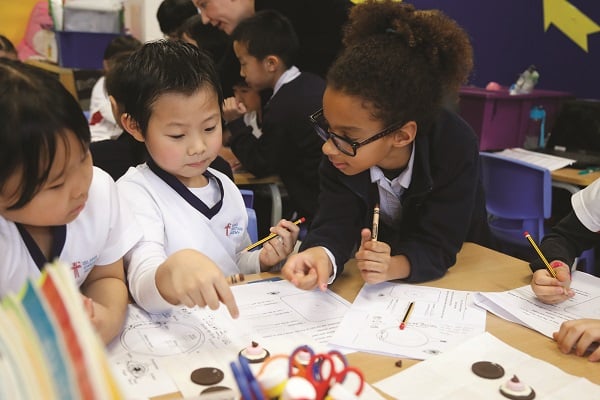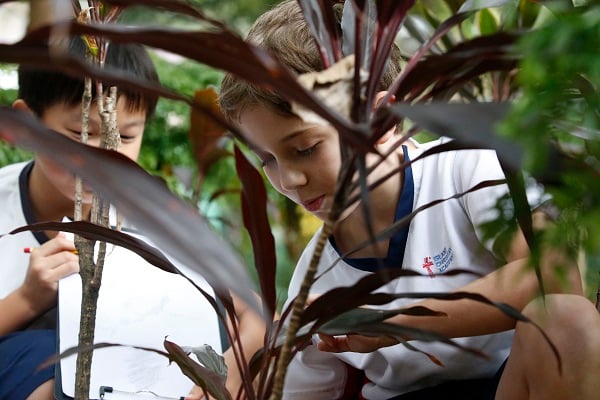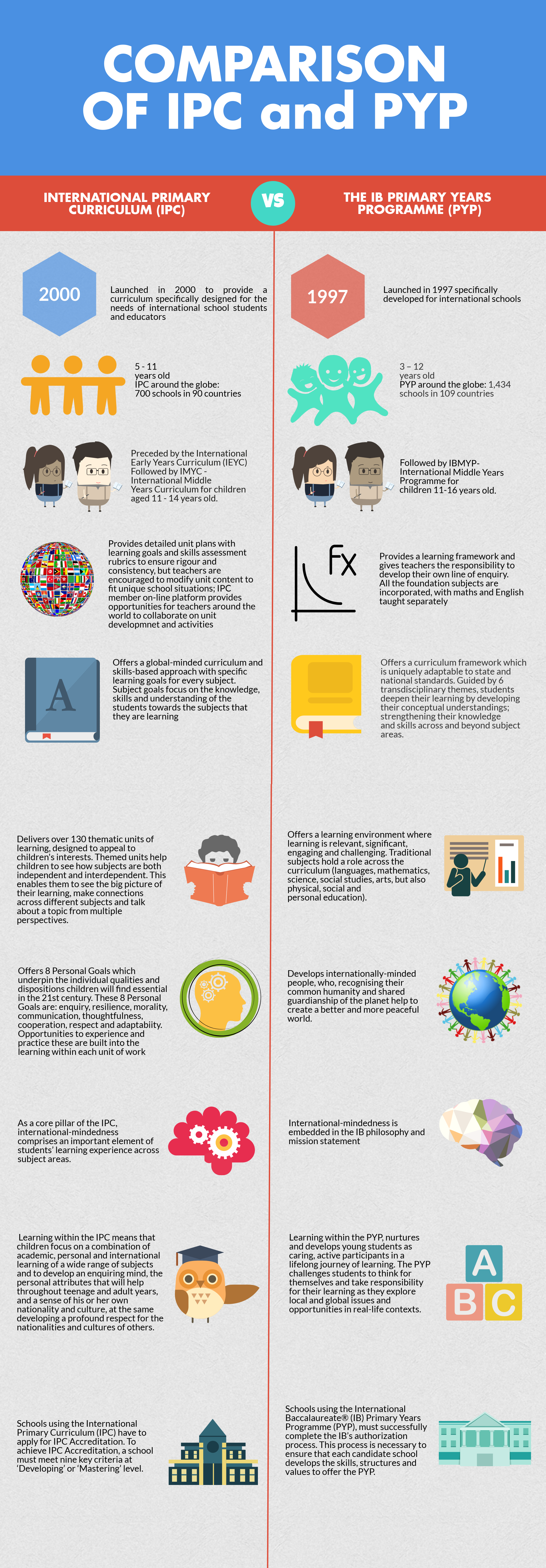Contact Us
Fill in the form below or you can also visit our contact us page.
The International Primary Curriculum – preparing 21st century learners for a globalised world
By Gail Maidment, Executive Director, Generations Christian Education
When choosing an international school for your child, a major factor in any parent’s decision is curriculum. Curriculum can be a confusing subject, and questions abound. Is IB appropriate for my child? What about curricula from the UK, USA, or Australia? Does the curriculum focus only on...

When choosing an international school for your child, a major factor in any parent’s decision is curriculum. Curriculum can be a confusing subject, and questions abound. Is IB appropriate for my child? What about curricula from the UK, USA, or Australia? Does the curriculum focus only on academic learning, or is it more holistic? What will best prepare them for further study—or indeed, for their life ahead?
An increasingly important name that you may come across is the International Primary Curriculum, or IPC. Used in over 1800 schools across 90 countries, including 8 schools in Hong Kong, the IPC was developed in the 1990s to cater specifically for young learners in international schools, and aims to prepare students to succeed in a changing, globalising world. As such, it not only sets high standards for learning in subjects such as Mathematics, Science, Technology and the Arts, but also weaves into these subjects the development of personal goals which aim to grow adaptable, resilient, critical thinkers who engage respectfully with others.
Unique to IPC are defined International Learning goals embedded across subject areas, which help students develop a sense of how they fit in to their communities and the world around them, encouraging and equipping them to engage with global issues. In a world that is increasingly interconnected, IPC makes a point of fostering an international mindset.

A key academic strength of IPC is its basis in research into how children’s brains process and learn. Each unit of work is structured around a cycle of learning that is designed to actively engage students from the outset, involve them in sharing their existing knowledge, empower them to explore new things, and make them excited about drawing together their discoveries into creative exhibitions, performances, or activities. The student is always an active participant in the process of learning, not just a passive observer. Research has shown that this active participation is vitally important in order for a student to retain what they have learned in the longer term.
Each unit of work crosses several subject areas with an engaging theme— for example, in the ‘Active Planet – Earthquakes and Volcanoes’ theme, students explore not only the geography of how earthquakes occur, but also learn about the technology that makes buildings strong, the science of melting rocks, the history and legends surrounding catastrophic volcano eruptions, and the international organisations that help communities recover from natural disasters. This leads the students to a greater understanding of how the different subjects are connected with each other and gives a very real demonstration of how one issue can be looked at from many perspectives.
The Generations Christian Education family of schools (Island Christian Academy in Shueng Wan, Norwegian International School in Tai Po, and Small World Christian Kindergarten in Mid-Levels) have been utilising IPC for a number of years, and credit it with providing a strong structure for learning across the academic and personal spectrum. ‘IPC is helping raise the standard of teaching and learning. It requires teachers to plan rigorous learning opportunities…our focus is on whether learning is happening, rather than just on what is being taught’ said one curriculum coordinator.
Parents agree. A recent parent survey across Generations schools found high levels of satisfaction with those schools’ implementation of IPC, both with respect to rigorous academic learning and to their child’s growth in areas such as resilience, adaptability, respect for others, problem solving, critical thinking, and communication. These parents also reported that their children were developing strong cross-cultural foundations and were confident that their schools were preparing their children for the future.

The International Primary Curriculum provides an excellent springboard into secondary studies, equipping students with the knowledge, skills, and understanding that will set them up for success in the secondary school of their choice, whether in an international school or one in their home country.
As I visit all of our schools, one of the most enjoyable things to do is to ask the students about their learning. They are always very keen to share about the learning journeys that they are on in their current IPC unit! In the classroom, they are able to assess their skills using the IPC rubrics, challenging themselves to achieve greater mastery, and it is a delight to see them take this personal ownership of their own learning.
We at Generations Christian Education strongly believe in the International Primary Curriculum, and are very encouraged by the way that it has enabled our students to reach even greater heights of learning and achievement. Find out more at www.generations.edu.hk.

What defines a school? Simple answer: The curriculum, as this sets each school apart; attracting new students, as well as defining, in large part, the school ethos and teaching philosophy. With more options available and greater freedom from schools to take responsibility for the choice of curricula, these distinctions are becoming more significant than ever before in Hong Kong.
